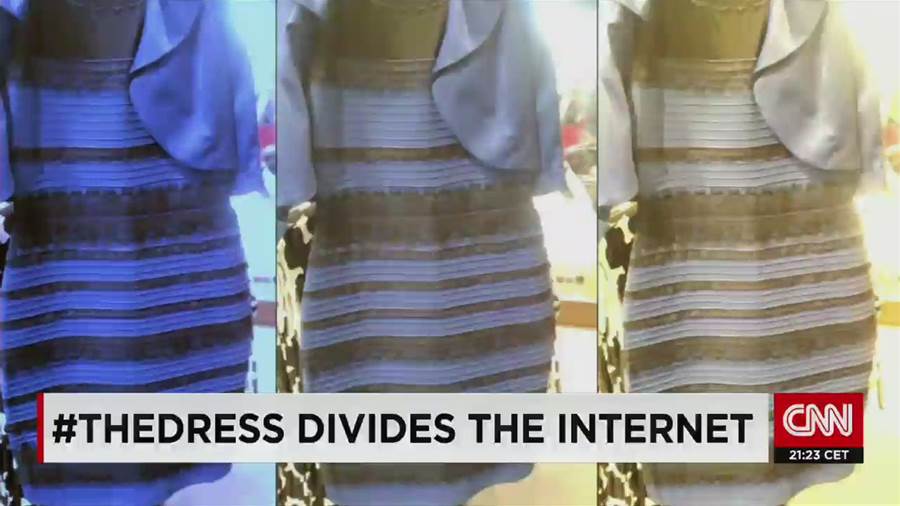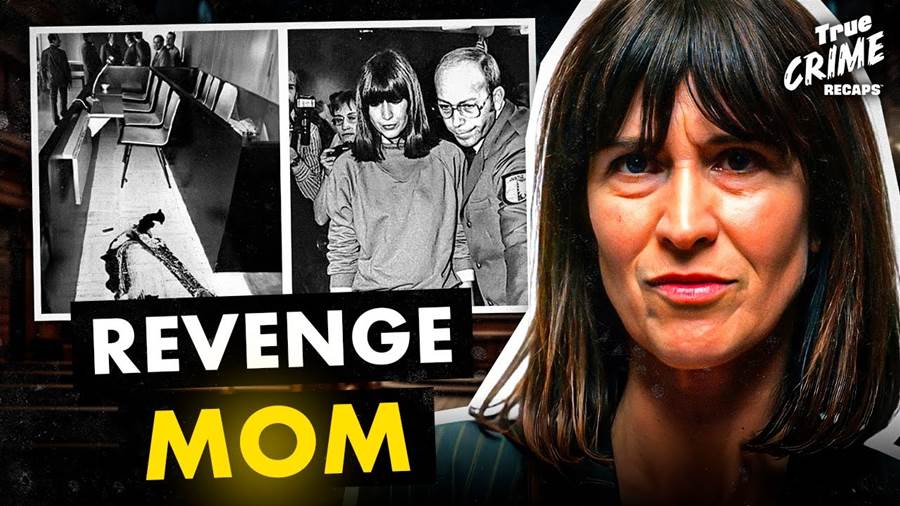
The world of K-pop was rocked to its core when the news broke that Sulli, a beloved idol and former member of the girl group f(x), had been found dead in her apartment at the young age of 25. Her passing, later confirmed to be a suicide, revealed the intense pressures and relentless online bullying that had plagued her life, pulling back the curtain on the often harsh reality faced by young stars in the industry.
Sulli, born Choi Jin-ri, was more than just a K-pop idol.
From her debut with f(x) in 2009, she quickly rose to fame, captivating audiences with her talent and charisma. But behind the glitz and glamour was a young woman who struggled with the weight of her fame. Sulli was outspoken, often breaking the mold of what was expected of women in South Korea, and this made her a target. Her decision to forgo wearing a bra in public, for instance, sparked outrage in the conservative society, leading to a barrage of online harassment that would follow her for years.

Despite her success, Sulli's life was marred by the relentless abuse she received online. The internet can be a cruel place, and for Sulli, it became unbearable. She openly discussed her struggles with mental health, revealing that she had suffered from panic disorders and depression from a young age. In her final television appearance on a South Korean show, she candidly shared how she felt she was living a "two-sided life," pretending to be happy on the outside while battling inner demons.
Her tragic death underscored the devastating impact that cyberbullying can have, particularly on those in the public eye. The pressure to maintain a perfect image, combined with the constant scrutiny and criticism, created a toxic environment that many young stars find difficult to escape.
Recently, a documentary titled premiered, offering a poignant and raw look into Sulli's life and the struggles she faced. The film, which features an unreleased interview with Sulli, explores the complexities of her life as a K-pop star and her efforts to navigate the brutal music industry.
In the interview, Sulli speaks about her experiences with online harassment, her views on feminism, and the intense loneliness she felt despite being surrounded by fans and fame.
The documentary also sheds light on the broader issues within the K-pop industry, such as the lack of mental health support for artists and the unrealistic expectations placed upon them. Sulli’s story is not an isolated one; her death is part of a troubling pattern within the industry, where the pressure to conform and the lack of support have led to a series of tragic losses.

Sulli’s death sparked a nationwide conversation in South Korea about mental health, particularly within the entertainment industry. Fans and fellow celebrities alike called for better mental health support for young stars, and her passing has since become a symbol of the urgent need for change. The K-pop industry, known for its rigorous demands, has been urged to implement measures to protect its artists from the kind of harassment and pressure that Sulli endured.
Sulli’s story is one of immense talent overshadowed by the darkness of cyberbullying and societal pressures. Her bravery in speaking out about her struggles and her defiance against societal norms will continue to inspire many. However, her untimely death serves as a sobering reminder of the very real dangers that come with fame in the digital age. As the world reflects on her legacy, the hope is that her story will lead to meaningful changes that protect the well-being of future generations of artists.
The article is not finished. Click on the next page to continue.
Next page


















